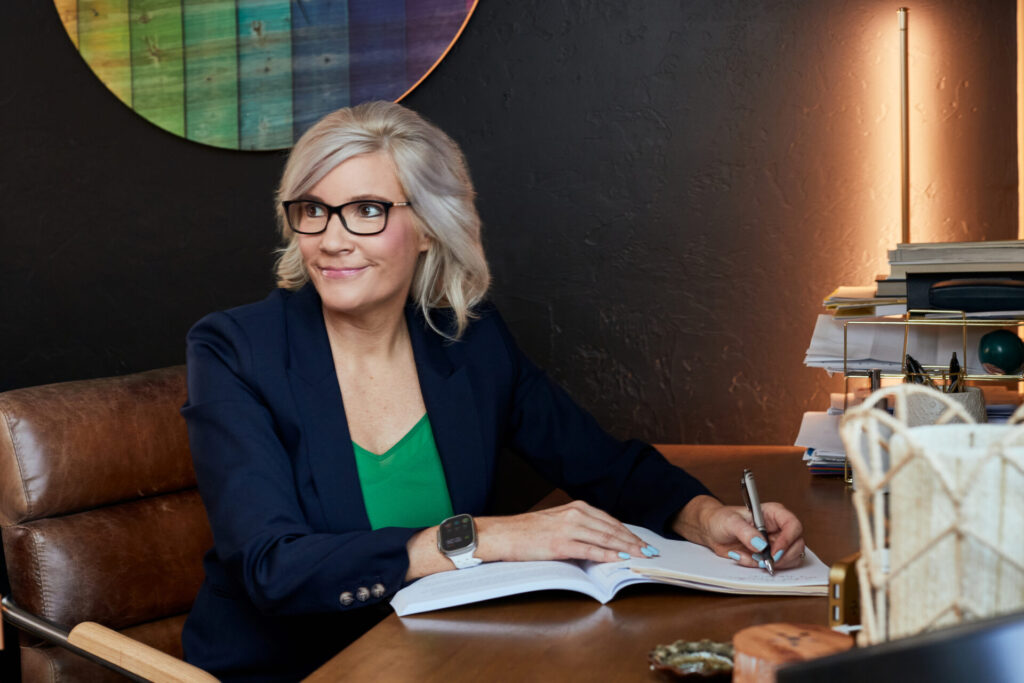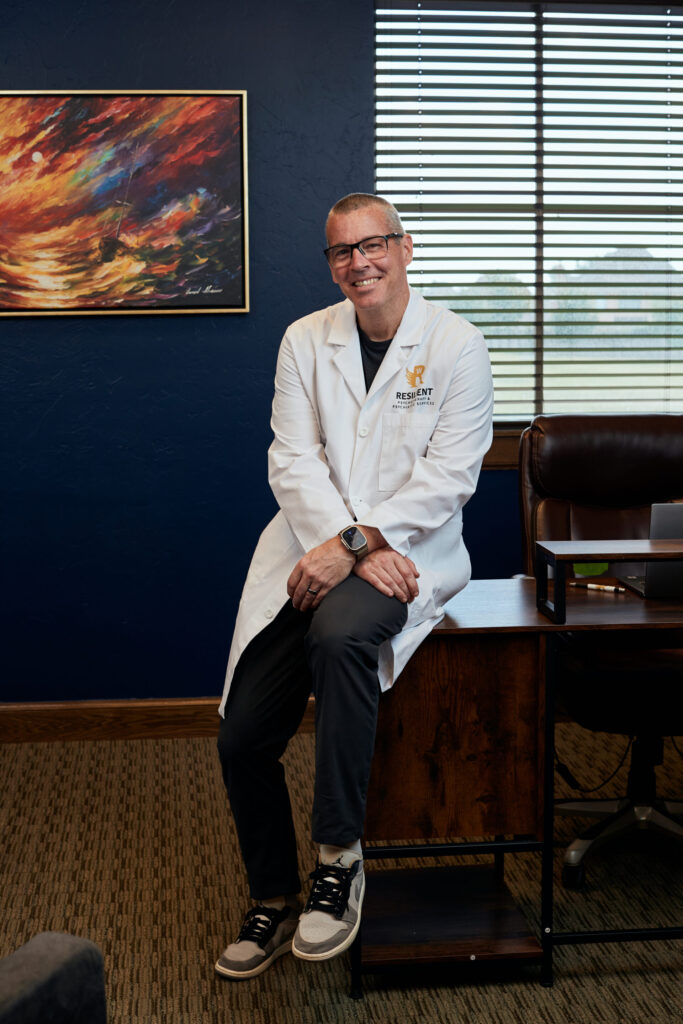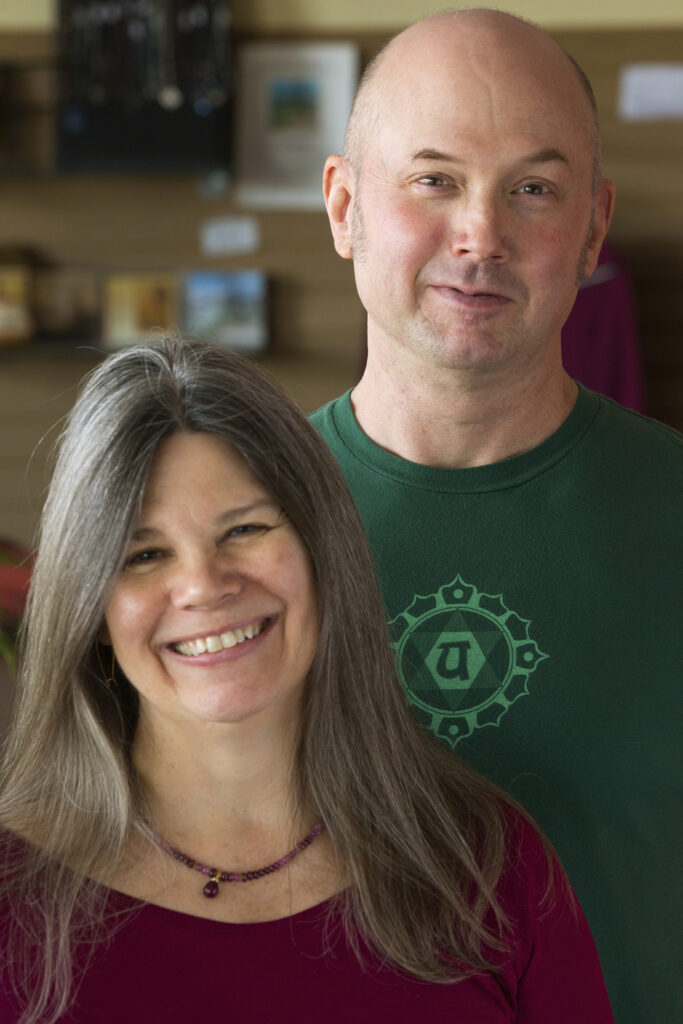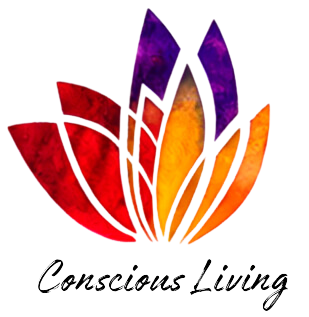Seasonal Affective Disorder (SAD) can make the colder months challenging, leaving you feeling sluggish, unmotivated, and down. As the days grow shorter, many people experience a dip in energy and mood. If you’re looking for effective ways to cope with Seasonal Affective Disorder, you’re not alone, and there are actionable steps you can take to feel better.


SAD is a type of depression linked to seasonal changes, typically beginning in the late fall and continuing into the winter months. It’s believed to be caused by reduced sunlight, which disrupts your body’s internal clock and affects serotonin and melatonin levels. Common symptoms include fatigue, difficulty concentrating, feelings of sadness, and changes in sleep or appetite.
Exposure to natural light can improve your mood and energy levels. Spend time outdoors during daylight hours, even if it’s just for a short walk. Open your blinds to let in sunlight and sit near windows when indoors. In Oklahoma, take advantage of sunny winter days by visiting local parks or trails.
Light therapy is one of the most effective treatments for Seasonal Affective Disorder. It involves sitting in front of a lightbox that mimics natural sunlight for 20-30 minutes each morning. Many people report significant improvements in their mood and energy levels after consistent use.
Exercise is a natural mood booster and can help alleviate symptoms of SAD. Incorporate physical activity into your routine, whether it’s a yoga class, a home workout, or a trip to the gym. Staying active not only improves mental health but also helps combat winter sluggishness.
What you eat can impact how you feel. Focus on a balanced diet rich in whole grains, lean proteins, fruits, and vegetables. Foods high in omega-3 fatty acids, like salmon and walnuts, are particularly beneficial for brain health and mood regulation. Avoid excessive sugar and refined carbs, which can lead to energy crashes.
SAD often disrupts sleep patterns, making it important to stick to a consistent sleep schedule. Aim for 7-9 hours of quality sleep each night. Create a calming bedtime routine, limit screen time before bed, and keep your sleep environment dark and cool.
Social isolation can worsen feelings of depression, so prioritize staying connected with friends and family. Attend local events, join a club, or simply schedule regular catch-ups with loved ones. Oklahoma’s vibrant community offers plenty of opportunities to stay engaged and connected.
If your symptoms persist or significantly interfere with your daily life, don’t hesitate to reach out to a mental health professional. Therapy, counseling, or medication may be recommended as part of your treatment plan.


Coping with Seasonal Affective Disorder is possible with the right strategies and support. By incorporating sunlight, exercise, healthy habits, and social connections into your routine, you can navigate the colder months with greater ease. Remember, you’re not alone, and help is always available if you need it.
For more tips on staying healthy and thriving year-round, visit Fit City Magazine’s latest articles!
Welcome to Resilient Psychotherapy and Psychiatric Services, PLLC., where our team emphasis is enhancing quality of life while optimizing performance. Located in Oklahoma City, Resilient believes mental wellness isn’t reserved for moments of crisis, but is a proactive, essential element of a thriving, balanced life.


Under the leadership of Dr. Christina Whelan, Resilient offers a comprehensive, holistic approach by offering psychotherapy and medication management. Dr. Christina Whelan has been providing direct patient care for almost two decades in both the medical and private practice settings. Her unique training in primary care health psychology enables her to bridge the gap between physical health and emotional well-being. Her approach offers a personalized form of care where she works closely with patients to uncover the deeper psychological, biological, and social factors impacting well-being.
In addition to psychotherapy services, Resilient also provides medication management. Resilient has proudly welcomed Dr. Sean Whelan, Psychiatrist, to the team. Drawing on nearly twenty years of dedicated experience, Dr. Sean Whelan brings a wealth of knowledge and expertise to the practice in delivering high-quality, patient-centered care. Dr. Sean Whelan has vast experience working in medical settings and in civil service working with Indigenous peoples and Military Veterans as patients. His extensive knowledge and experience in medication management for ADHD, PTSD, Panic Disorder and burn-out prevention, is invaluable to the practice and our community. His addition strengthens Resilient’s holistic approach, ensuring each patient receives personalized, evidenced-based treatment that fully integrates both their psychological and medical needs.


Resilient is actively challenging outdated, antiquated misconceptions that participating in mental health services is reserved for those that are struggling. Mental health care should be as routine as going to the gym or maintaining a balanced diet. Research indicates participating in mental health services can be of tremendous value especially for those considered high functioning or high performing. Resilient’s goal is to dispel outdated myths and normalize mental health services as a staple for sustaining personal growth and well-being.
Resilient focuses on tailored, collaborative care with their providers. In addition to customizing individualized care, this practice also prioritizes privacy. Resilient provides a private waiting room and a separate exit for discretion.
In a world where the demands of daily life can take a toll on mental wellness, Resilient offers an evidence-based, empathetic approach that aims to empower individuals to reach their full potential. Through thoughtful care, consistent collaboration, providers who actively listen, and an emphasis on building Resilience, the team at Resilient Psychotherapy and Psychiatric Services, PLLC are striving to redefine mental health for the better.
Services include:
ADHD
Bipolar Disorder
PTSD and Trauma
Obsessive-Compulsive Disorder (OCD)
Personality Disorders
Grief and Loss
Stress and Burnout
Relationship Issues
Anxiety and Depression


Contact Information
Website: Psychotherapist | Resilient Psychotherapy
Social: Instagram
Email: admin@resilienttherapyokc.com
(405) 225-0010
Unlearning is the highest form of learning, and the Conscious Living program is your pathway to breaking free from self-limiting beliefs and unlocking your fullest potential. Designed and guided by husband and wife team, Martha McQuaid and Ted Cox, this transformative journey is designed to help you shed old habits and preconceived notions that are holding you back from living your best life.Their Core Principles are a proven pathway to profound transformation, ensuring results through your unwavering commitment to growth and unlearning.Ted and Martha will stand by your side throughout your journey of self-discovery and empowerment. Ted and Martha have over eight decades of combined teaching experience and understand that true transformation must come from within. “That’s why our responsibility to our Conscious Living members is to hold space, supporting and guiding you as your process unfolds”, says Ted. “We believe in empowering you to make your own discoveries about yourself, rather than dictating what you should do or how you should live your life.” Each member makes a personal investment in themselves to have “skin-in-the-game”, ensuring a commitment to their own growth journey. The one-year Conscious Living program provides ample time for profound transformation to take place. And for those who complete the journey, they offer “Legacy” pricing, encouraging continued growth and learning. They also welcome couples to take the program together, with special pricing available to support their journey.


At Conscious Living, transformation requires a fundamental shift in the source of our choices. Unlearning negative tendencies and replacing them with positive choices and thought processes is key to transformation. “Without this change”, says Ted, “our future is simply a reflection of what we are doing every day of our life.” Now is the time to ignite your inner light and elevate your life with Conscious Living. This meticulously designed program serves as a catalyst for your personal transformation, guiding you to illuminate your path and shatter the darkness within. Through proven methods and expert guidance and practical tools, they address issues such as negative self-talk, work dissatisfaction, relationship challenges, and self-limiting beliefs. This program also offers targeted strategies to tackle stress, improve relationships, enhance dietary habits, and optimize sleep patterns. Embrace change now and reclaim your journey toward a more fulfilling, purpose-driven life. This high-level life coaching program features weekly online group sessions, private monthly coaching, suggested reading, self-inquiry work, online yoga sessions, guided meditation, and more.
Embark on this transformative journey toward a life in harmony with your deepest aspirations and convictions today. Enrollment is open now! For more information, visit here.
Your future self will thank you.


In the bustling heart of Oklahoma City, where fitness trends come and go, one wellness practice is making waves: float spa therapy. As the city embraces a culture of health and fitness, float therapy stands out as a unique method for relaxation and recovery. Whether you’re an athlete looking to enhance performance or simply seeking a way to unwind, float spa therapy offers a myriad of benefits that are hard to ignore.


Float therapy, also known as sensory deprivation therapy, involves floating in a specially designed tank filled with warm water and Epsom salt. The high salt concentration allows you to effortlessly float on the surface, creating a feeling of weightlessness. The tanks are soundproof and lightproof, providing an environment that minimizes distractions and promotes deep relaxation.
For fitness enthusiasts and athletes, float therapy can be a game changer. The Epsom salt in the water helps soothe sore muscles and reduce inflammation, making it an excellent post-workout recovery tool. Many athletes report improved muscle performance and quicker recovery times after regular float sessions.
In our fast-paced world, stress can take a toll on both our mental and physical health. Float therapy provides a peaceful sanctuary to disconnect from daily stressors. The calming environment encourages mindfulness and meditation, leading to reduced anxiety and improved mental clarity.
Many float spa enthusiasts report experiencing deeper, more restful sleep after their sessions. The profound relaxation achieved during a float can help regulate sleep patterns, making it easier to fall asleep and stay asleep throughout the night.
Float therapy has been known to alleviate chronic pain conditions, including migraines, arthritis, and fibromyalgia. The buoyancy of the water alleviates pressure on joints and muscles, providing a soothing effect that can help reduce pain levels.
Oklahoma City is home to several float spas, each offering unique experiences. When searching for the right spot, consider the following:
Imagine stepping into a tranquil space, away from the noise of the city. As you settle into the warm, salty water, you begin to feel the weight of the world lift off your shoulders. With each passing minute, your mind quiets, and your body relaxes. This is the essence of float therapy—a unique blend of physical relief and mental clarity that can rejuvenate your spirit.


Float spa therapy is more than just a trend; it’s a holistic approach to wellness that Oklahoma City residents are embracing. Whether you’re seeking physical recovery, mental clarity, or simply a moment of peace, floating can provide the restorative benefits you need. As the fitness community in OKC continues to grow, consider adding float therapy to your wellness routine. Dive into the experience and discover the serenity that awaits beneath the surface!
Contributed by NAMI Oklahoma
As the new year approaches, it’s essential to recognize that it can be a bittersweet time for many. For some, the holidays are a time of joy, celebration, and togetherness, but for others, they can be a poignant reminder of loss and absence. Navigating grief during this post-holiday period requires a delicate balance of self-reflection, self-care, and understanding.
Keep reading to to explore the often-overlooked aspect of post-holiday grief and learn insights on how to find balance after a busy holiday season. Grief doesn’t adhere to a calendar, and acknowledging its presence is the first step toward healing.


Accept your needs. Be kind to yourself! Put your own mental and physical well-being first. Recognize what your triggers are to help you prepare for stressful situations. Is shopping for holiday gifts too stressful for you? What is making you feel physically and mentally agitated? Once you know this, you can take steps to avoid or cope with stress.
Write a gratitude list and offer thanks. As we enter the new year, it’s a good time to reflect on what you are grateful for, and then thank those who have supported you. Gratitude has been shown to improve mental health.
Manage your time and don’t try to do too much. Prioritizing your time and activities can help you use your time well. Making a day-to-day schedule helps ensure you don’t feel overwhelmed by everyday tasks and deadlines. It’s okay to say no to plans that don’t fit into your schedule or make you feel good.
Be realistic. The happy lives of the people shown in those holiday commercials are fictional. We all have struggles one time or another and it’s not realistic to expect otherwise. Sometimes, it’s simply not possible to find the perfect gift or have a peaceful time with family.
Set boundaries. Family dynamics can be complex. Acknowledge them and accept that you can only control your role. If you need to, find ways to limit your exposure.
Practice relaxation. Deep breathing, meditation and progressive muscle relaxation are good ways to calm yourself. Taking a break to refocus can have benefits beyond the immediate moment.
Exercise daily. Schedule time to walk outside, bike or join a dance class. Whatever you do, make sure it’s fun. Daily exercise naturally produces stress-relieving hormones in your body and improves your overall physical health. More on the benefits of movement.
Set aside time for yourself and prioritize self-care. Schedule time for activities that make you feel good. It might be reading a book, going to the movies, getting a massage, listening to music you love, or taking your dog for a walk. It’s okay to prioritize alone time you need to recharge. More on self-care.
Eat well. With dinners, parties, and cookie trays at every turn, our eating habits are challenged during the holiday season. Try to maintain a healthy diet through it all. Eating unprocessed foods, like whole grains, vegetables, and fresh fruit is the foundation for a healthy body and mind. Eating well can also help stabilize your mood.
Get enough sleep. Symptoms of some mental health conditions, like mania in bipolar disorder, can be triggered by getting too little sleep.
Avoid alcohol and drugs. They don’t actually reduce stress: in fact, they often worsen it. If you’re struggling with substance abuse, educate yourself and get help.
Spend time in nature. Studies show that time in nature reduces stress. Need to break away from family during a holiday gathering? Take a walk in a local park.
Volunteer. The act of volunteering can provide a great source of comfort. By helping people who are not as fortunate, you can also feel less lonely or isolated and more connected to your community.
Find support. Whether it’s with friends, family, a counselor, or a support group, talking can help. Consider attending a free support group provided by your local NAMI Oklahoma affiliate. If you or someone you love is experiencing a crisis, you can call the National Suicide and Crisis Line at 988; use the Crisis Text Line by texting “HelpLine” to 62640where you can connect with a HelpLine Specialist 24/7 when you need support, information and resources; or call the NAMI Helpline at 1-800-950-NAMI (6264) M–F, 9 a.m.– 9p.m. CT for free mental health info, referrals and support.
Keep up or seek therapy. If you’re feeling overwhelmed, it may be time to share with your mental health professional. They can help you pinpoint specific events that trigger you and help you create an action plan to change them. If you’re already seeing a therapist, keep it up.